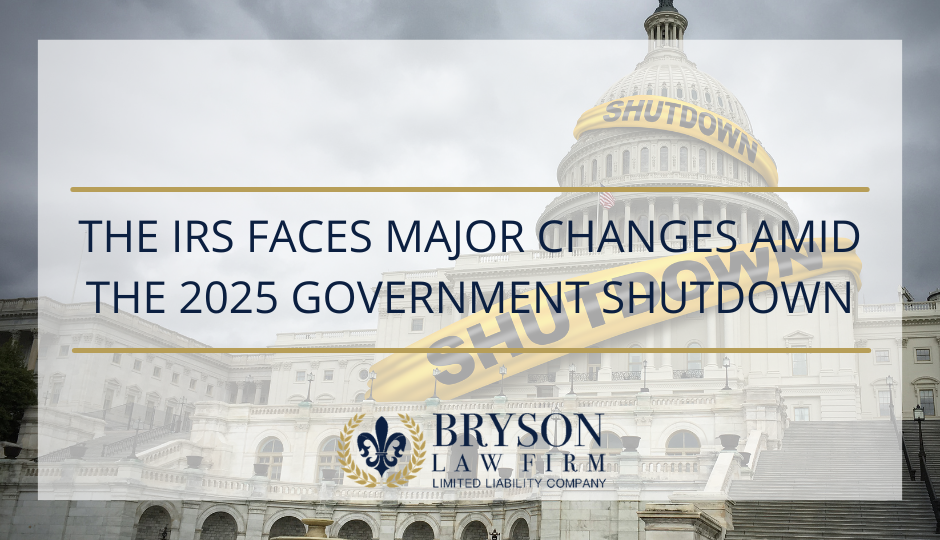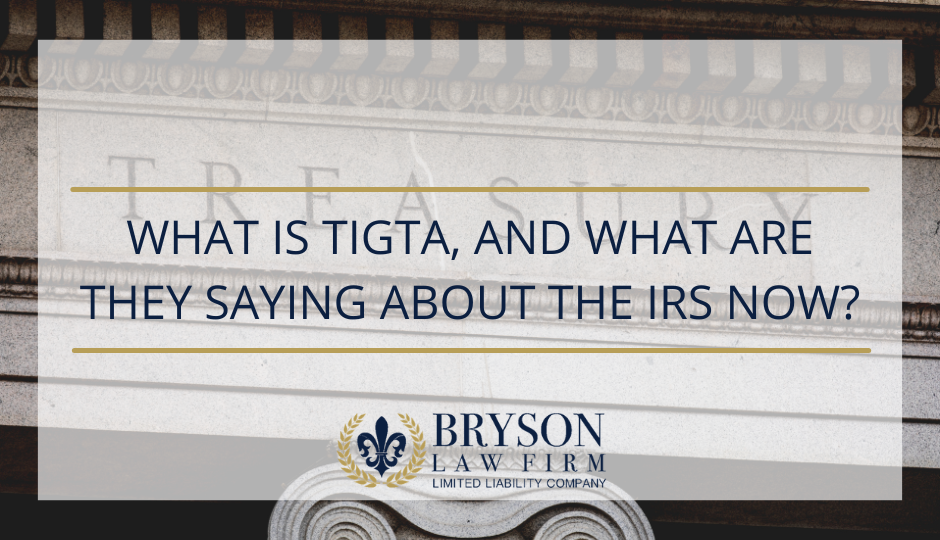Every lawyer knows that he must file a tax return every year. And, if you’re a Harvard law professor you oughta’ understand your filing requirements even more. Right?
Apparently not! It seems that even the most qualified individuals who teach at the prestigious establishment may be clueless about their tax filing obligations -- like Harvard Law Professor, Ronald S. Sullivan, Jr.
Recent news reports show that Professor Sullivan hasn’t filed his returns in almost a decade. For just the two years of 2012 and 2013, the IRS calculated that he owed an estimated $1,123,775.00 in taxes. However, in tax court, Mr. Sullivan explained there was no way he could owe that much because his real income was far less than what the IRS showed.
So, what exactly happened? Since the Professor didn’t file his own returns, the IRS filed them for him. The IRS arrived at the tax bill by piecing together information at its disposal to create a “substitute for return” or SFR for each unfiled tax period. This is allowed when a taxpayer doesn’t voluntarily file. In such situations, the IRS puts together a “Frankenstein” or piecemeal return for the taxpayer which mostly reports income with very few expenses, deductions, or other means for reducing the tax bill.
Sounds scary, huh? Well it should! SFRs usually result in inflated tax bills with large balances owed – especially if your self-employed. And, that’s not the end of the nightmare. SFRs can be created for every year that you don’t file! And, the tax bills are collected by the IRS through ordinary means just like normal taxes – levies, garnishments, liens, seizures, etc.
The Professor may have thought he avoided his tax issues altogether because it does take the IRS a while to catch-up with a non-filer. But, it’s a false sense of security! The IRS monster will eventually catch you, and it will file returns and get its money.
Here, the tax court records show that the IRS sent three letters, scheduled a telephone hearing, and prompted Professor Sullivan at least seven times about his tax bills. He didn’t respond appropriately. Professor Sullivan had every right to file his own tax returns, but he ignored the IRS multiple times and forfeited his right to do so.
And, ultimately the IRS won when the Tax Court ruled in the IRS’s favor, and ruled that the IRS was entitled to collect from the Professor.
So, the moral of this story here is that you should always file your tax returns – even if you can’t pay the tax bill shown on the return. If you don’t, the IRS whip one up in its tax lab and file one for you which will likely result in a “monster” tax bill, plus interest, penalties and fees. And, then the IRS will come for its money.
If you need help with unfiled returns don’t wait. We can help you gather information to get your returns prepared and filed. Don’t live in fear of the IRS! Give us a call or reach out to us today! Let us help you help yourself out of tax trouble!























